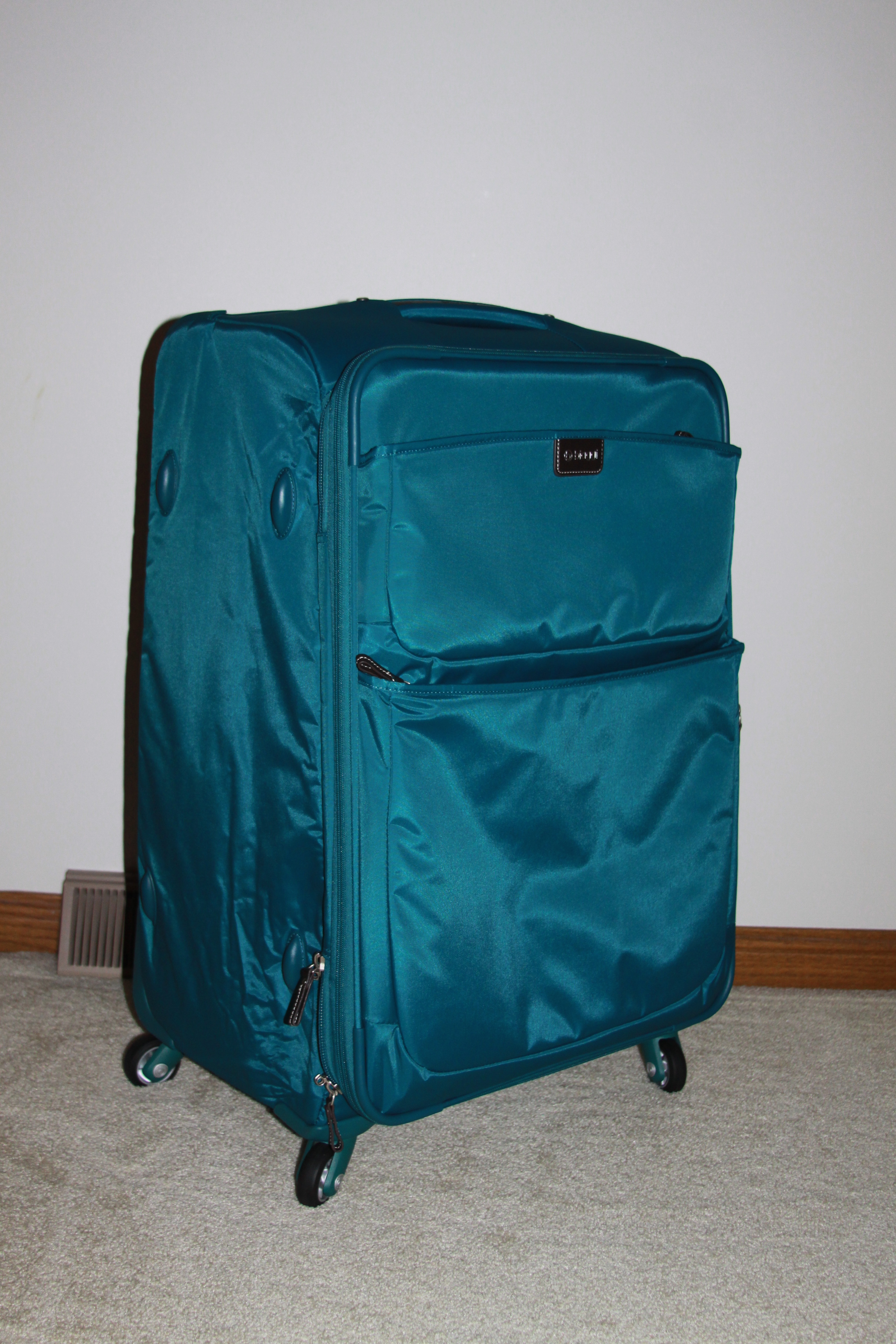Experience is the only teacher your child will always get an A from. Why? Studies conducted at MIT show that when kids are merely listening to lectures, their brain activity literally registers at 0. What that means is that some sort of stimulation must occur to thinking and ultimately learning to take place.

Think about it. When you learn, your brain is doing so many things. It’s connecting to experiences, it’s making inferences, it’s determining what is essential, and it’s predicting what will happen next. It’s experiencing something. These experiences may be sublet and small, but they are experiences nonetheless.
Experience is the cornerstone of understanding. This may sound like a proof in geometry. But, if travel is an experience, and experience is the foundation of education, then travel and education must correlate somehow. Right?
Travel, like school, stimulates your brain to do all of these things, and it does so outside the brick and mortar box. Schools have to recreate situations for students to be able to visualize what they are learning. They use simulations, videos, and guest speakers to talk about the real world. These are all fantastic ways to bring the world to the classroom.
But, there’s nothing wrong with making the world its own classroom. And, you can do this if you travel with your kids.
Travel exposes your kids to the real world. It doesn’t matter what suit in what school tells you differently, travel does wonders for your children. And, you should always bring them with you—even it means a week or two out of the classroom.
Travel Makes Learning Relevant
Classroom walls may be decorated to a T with motivational posters, learning tips and students work. But, classroom walls also confine thinking. Learning about the ecosystem from a textbook or a website can allow students to visualize an environment. But, visiting an actual ecosystem and seeing flora and fauna, that’s the ticket to authentic learning.

When a student is exposed to learning in a real environment, retention drastically increases. In fact, studies show that when hands-on learning is available for students, a 75% retention rate is seen. What that means to you is that you are allowing your kids to increase what they will remember.
Travel Teaches Life Skills
Naysayers will argue that the perhaps that is true in science or even history, but what about English and math. Simple. These two subjects need full-time application, and travel provides the opportunity to put learning into practice. Can you take what you learned from books and use it in the real world? Put your kids to the test.

Math is a universal language. You need it wherever you go. So, when you are traveling, make your kids work up a budget. Let them help you shop for hotels. Budgeting and saving are life skills that can only be genuinely appreciated when they are relevant.
Travel Provides Grounds for Connections
Genuine thinking occurs when kids can make connections from what they are learning to their lives. So, the more they are exposed to, the easier it is for them to forge these connections.
Think about it. A lot of classic American literature is set in the New England states. Kids who have traveled to Salem or to Walden will have a much greater understanding of the literature they read because they can connect to the content.
A trip to DC is another great way to give kids a context for learning. One guided tour through the International Holocaust Museum can provide kids with a much stronger background to any history or literature course that broaches the subject.
An experience the gives kids strong background knowledge will result in empathy and a much greater understanding of challenging and emotional topics.
Travel Teaches Social Skills
Travel is an excellent way to foster language skills, as well. When kids are exposed to more people, communication becomes much more comfortable. Traveling with your kids is a great way to teach them to look people in the eyes when they speak, and to shake hands upon introduction.

When kids visit an all-inclusive resort, there are people all around who want to interact with them. There are even teen groups and kid groups scheduled throughout the day.
Making new friends, taking part in a group activity, and learning to problem solve to play games with new people are all vital socials skills.
And, you don’t have to visit an all-inclusive resort to gain social skills. Exposing your kids to different cultures, be it something as simple as a new state or something as exciting as a new country, gives them things to talk about when they return from their trip. This again fosters the social skills so necessary in development.
There’s no denying that the classroom is full of opportunity delivered by highly trained professionals. Teachers are great at their jobs. They work hard. They prepare excellent lessons. And, no one is arguing that travel should replace a traditional brick and mortar education. That would be ridiculous.
But, a week or two of travel every year has significant benefits that the walls of the classroom don’t offer.


